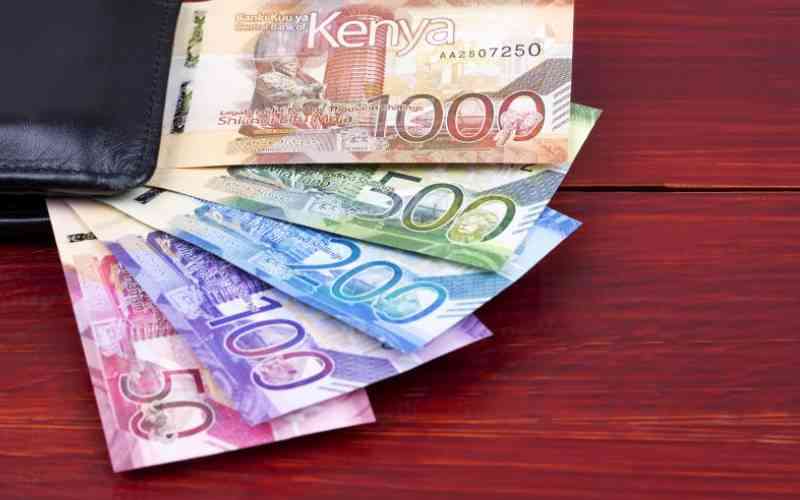×
The Standard e-Paper
Kenya’s Boldest Voice

The appreciation of the Kenya shilling is great news. Because the country relies on raw materials for its domestic production, a stronger shilling leads to cheaper or more affordable goods.
A favourable exchange rate means interest rates are either held constant or lowered. Inflation is also easier to contain within the desired limits. Further, foreign investors are attracted when the shilling provides them more bang for their buck.